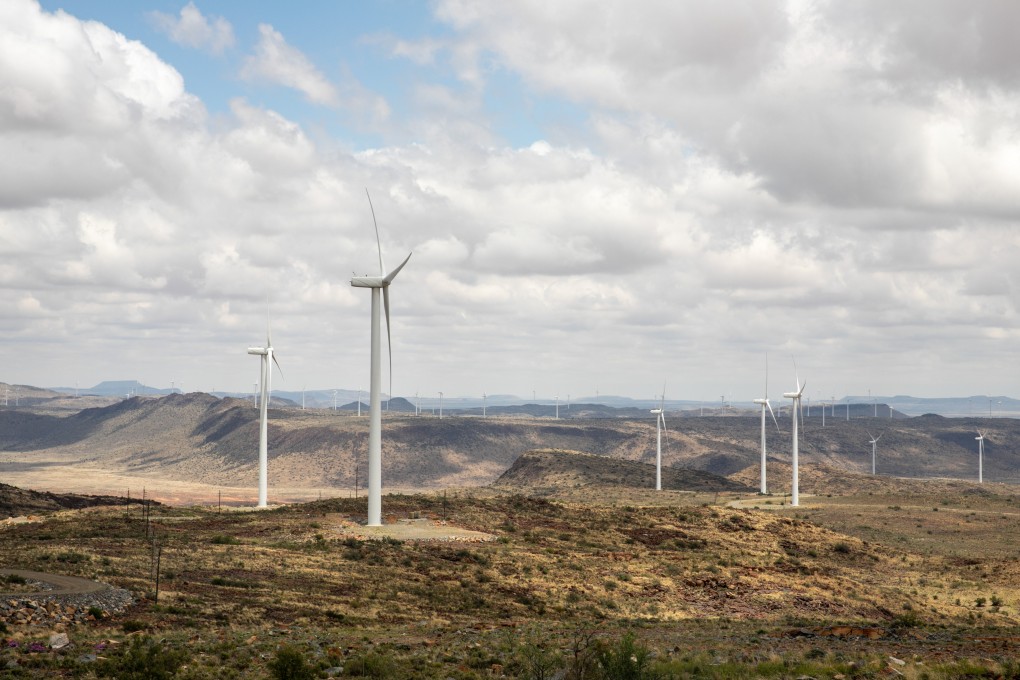My Take | African youngsters do not buy Western claims about China’s colonialism
- Survey finds more young Africans favour China over the US and believe infrastructure development and investment, both physical and digital, are key to their economic future

Colonialism or neocolonialism is the subtext of most overseas reporting of China in Africa. While there is the golden rule of journalism according to which only bad news makes good news, the sheer volume of negative or critical stories on the topic in the past decade rather boggles the mind. Does the West really care so much about the well-being of Africans? Who knows?
The history of the West in Africa certainly makes for some horrifying reading. China will have to do a lot worse to match the Western records. Still, the typically sanctimonious reporting is rather over the top. Perhaps it’s what psychologists call “projection”. Here’s a random selection of headlines from the foreign press: “Africa’s donkeys are being stolen and slaughtered for Chinese medicine”, “Racist videos about Africans fuel a multimillion-dollar Chinese industry”, “China’s Iron Mining Threatens Villages, Ecosystems in West Africa”, “China wishes to penetrate Africa’s political landscape with its ‘debt-trap’ diplomacy: Report”.
We can go on all day. But it may be more worthwhile, for once, to consider what young Africans themselves think about China and the need for infrastructure development in their continent.
It finds that 76 per cent of 4,507 young Africans from 15 countries consider China a foreign power with a positive influence on their lives, compared with 72 per cent for the United States and 74 per cent for the European Union. In 2020, when the inaugural youth study was first released, 83 per cent of respondents named US influence as positive, compared with 79 per cent for China.
The survey involved face-to-face interviews with about 300 people aged 18 to 24 for each country. The nations surveyed are: Angola, Congo Brazzaville, Democratic Republic of the Congo (DRC), Ethiopia, Gabon, Ghana, Kenya, Malawi, Mozambique, Nigeria, Rwanda, South Africa, Sudan, Uganda and Zambia.

